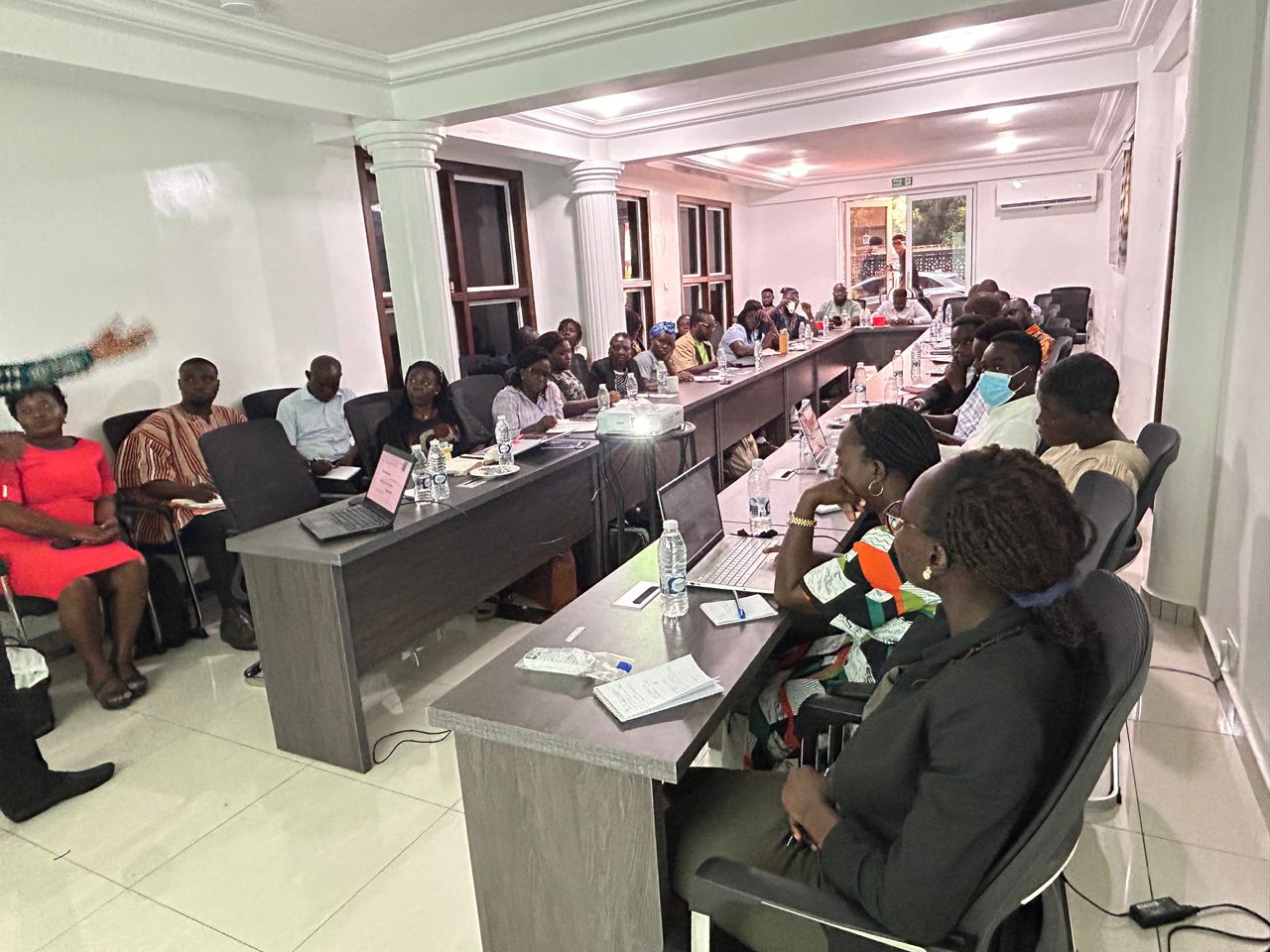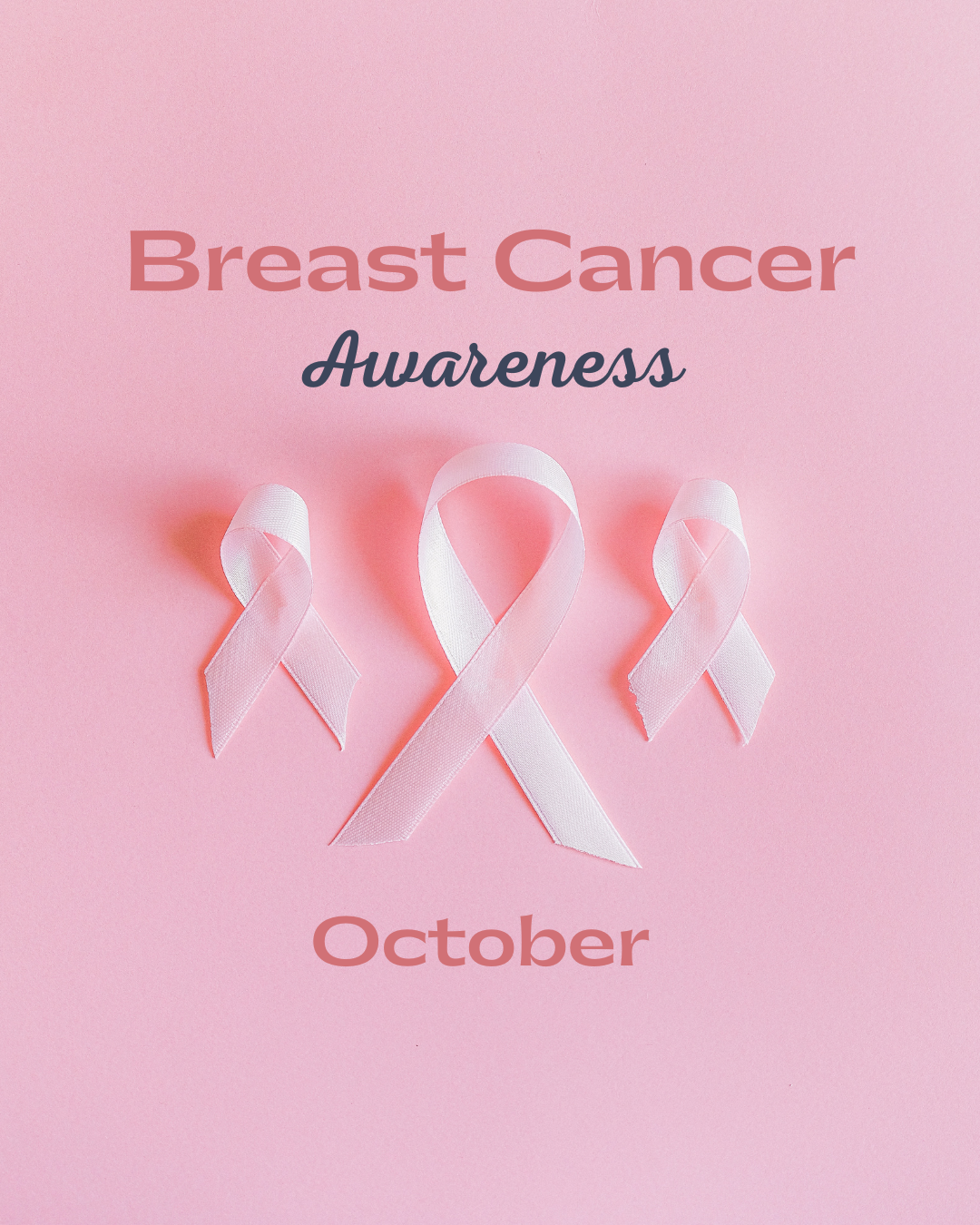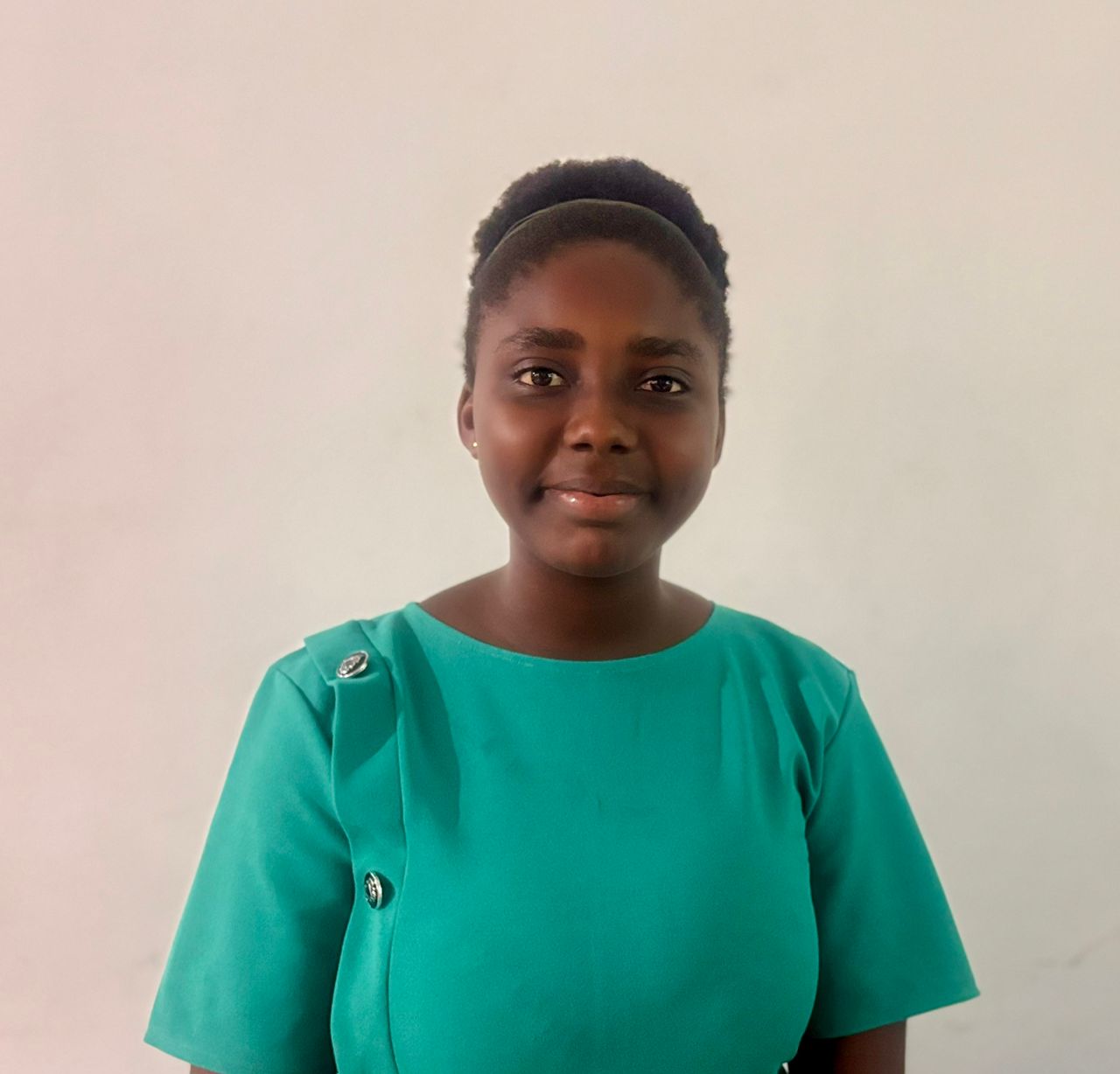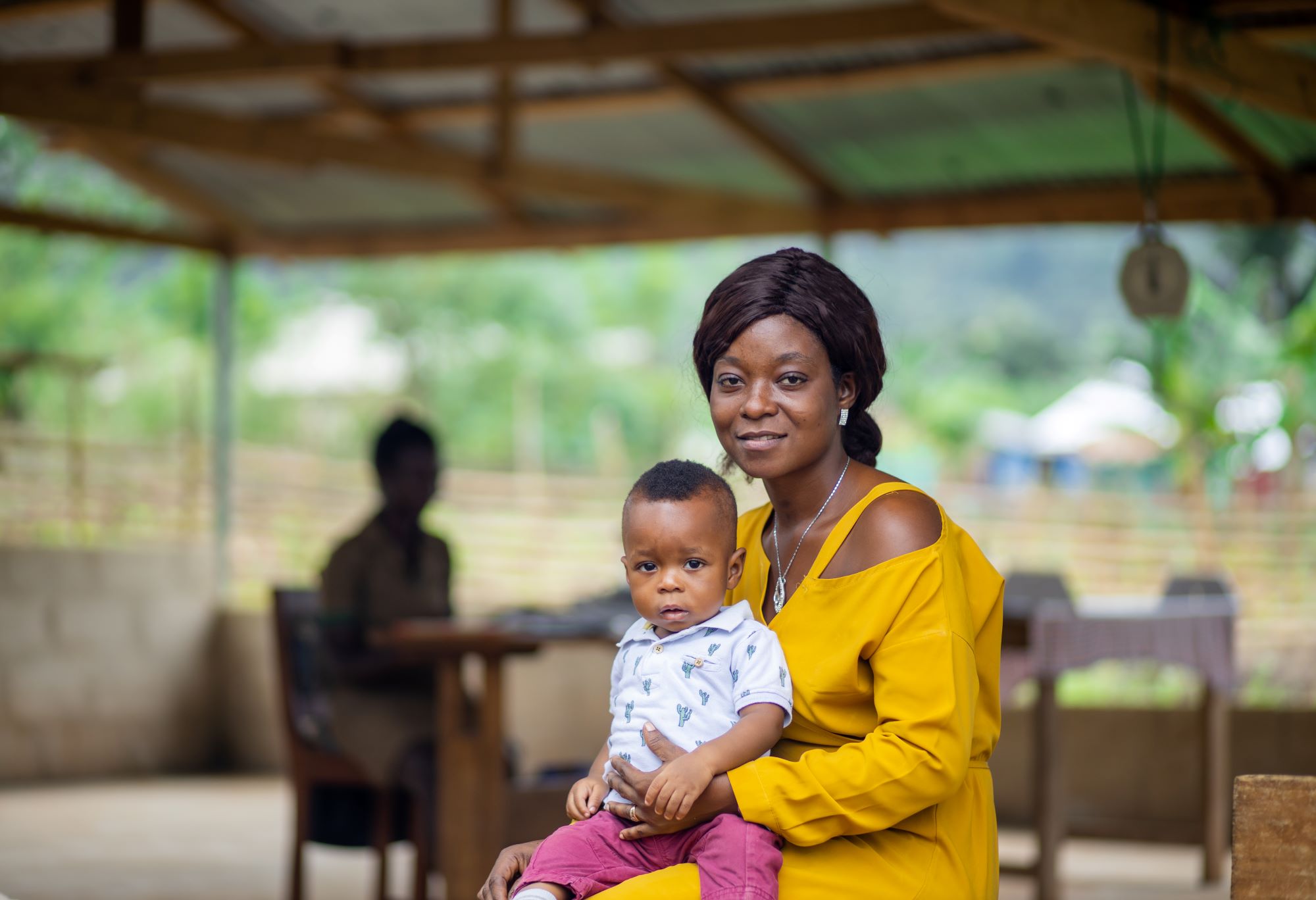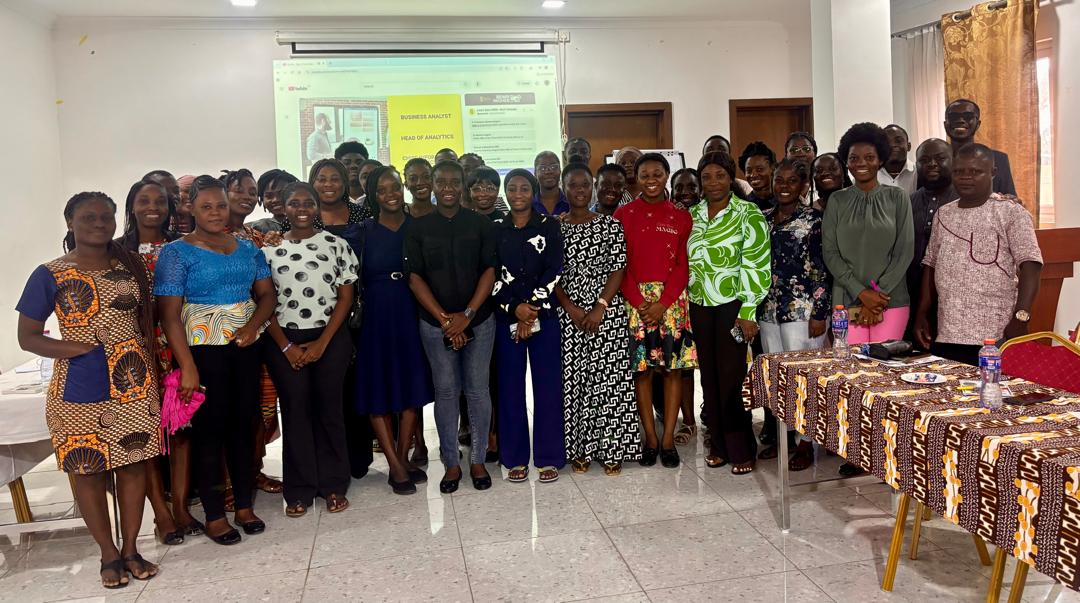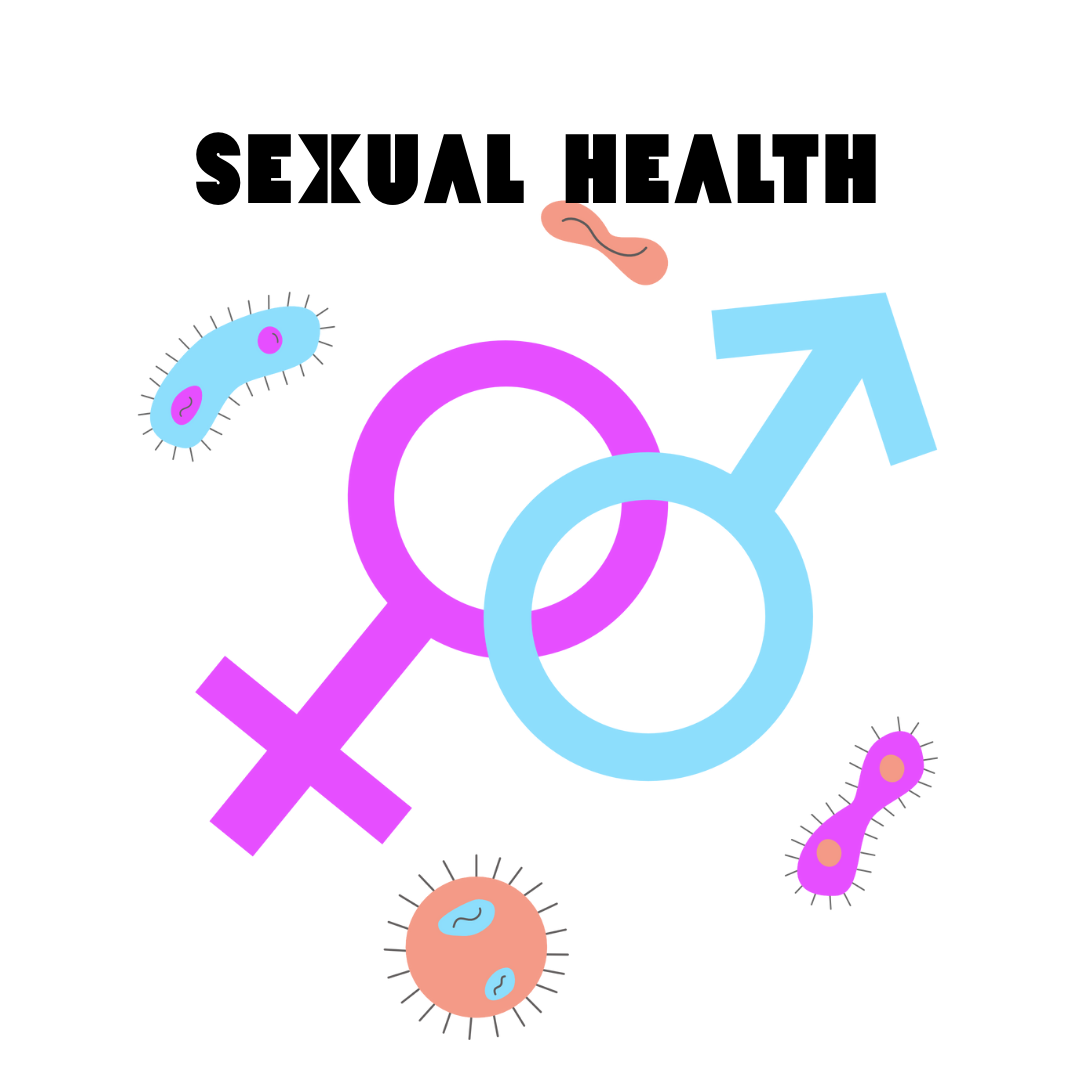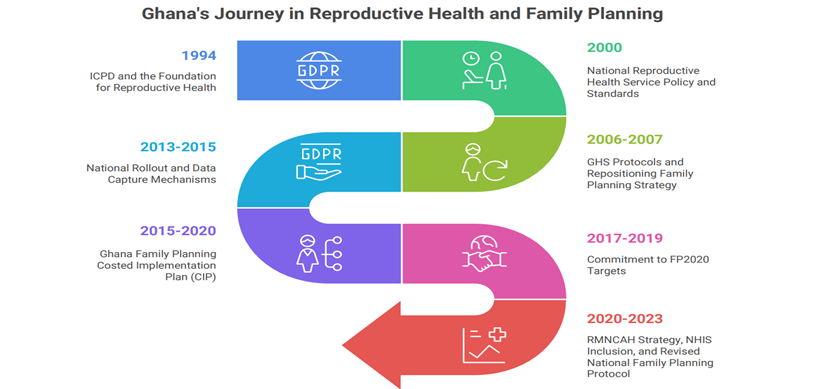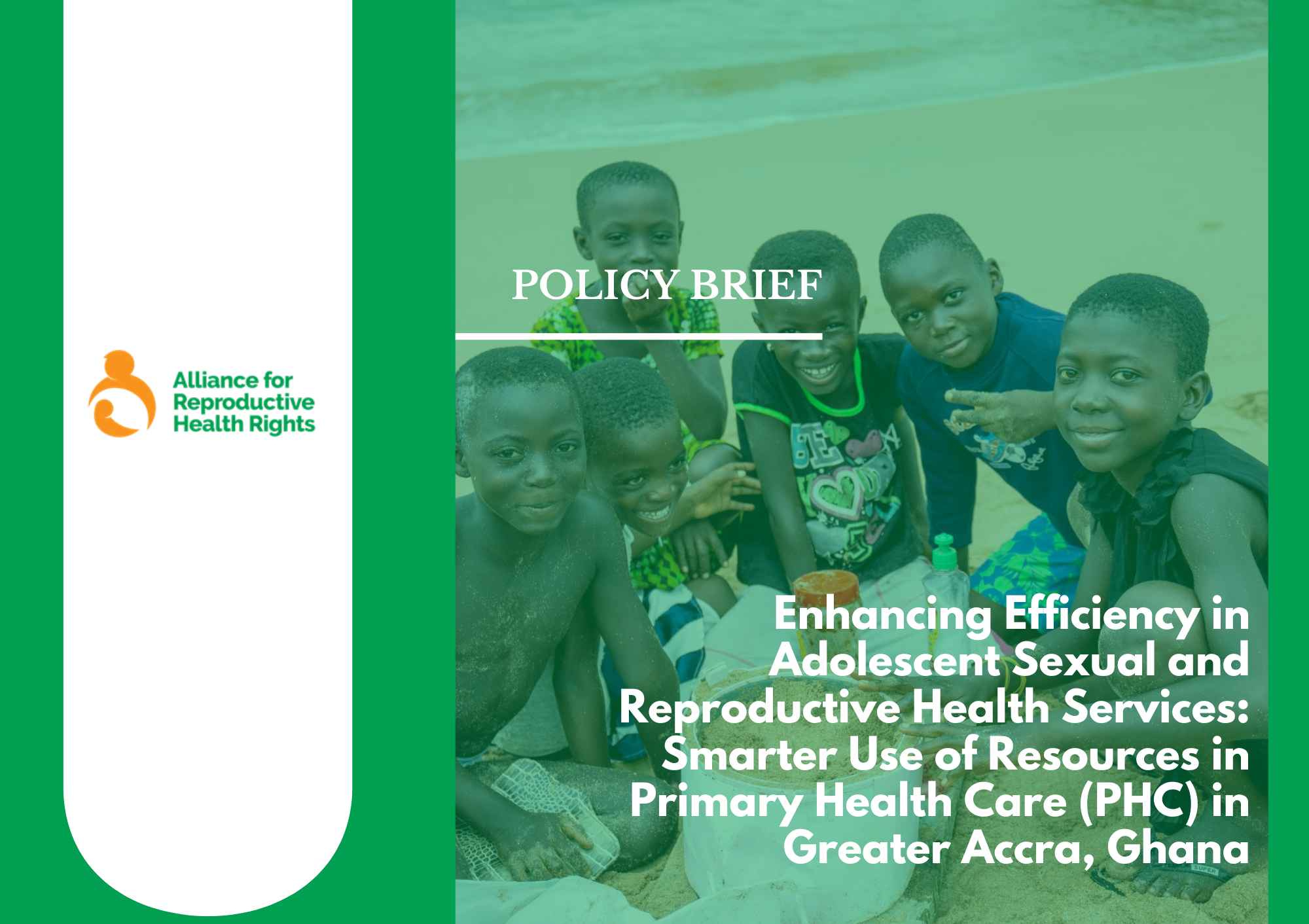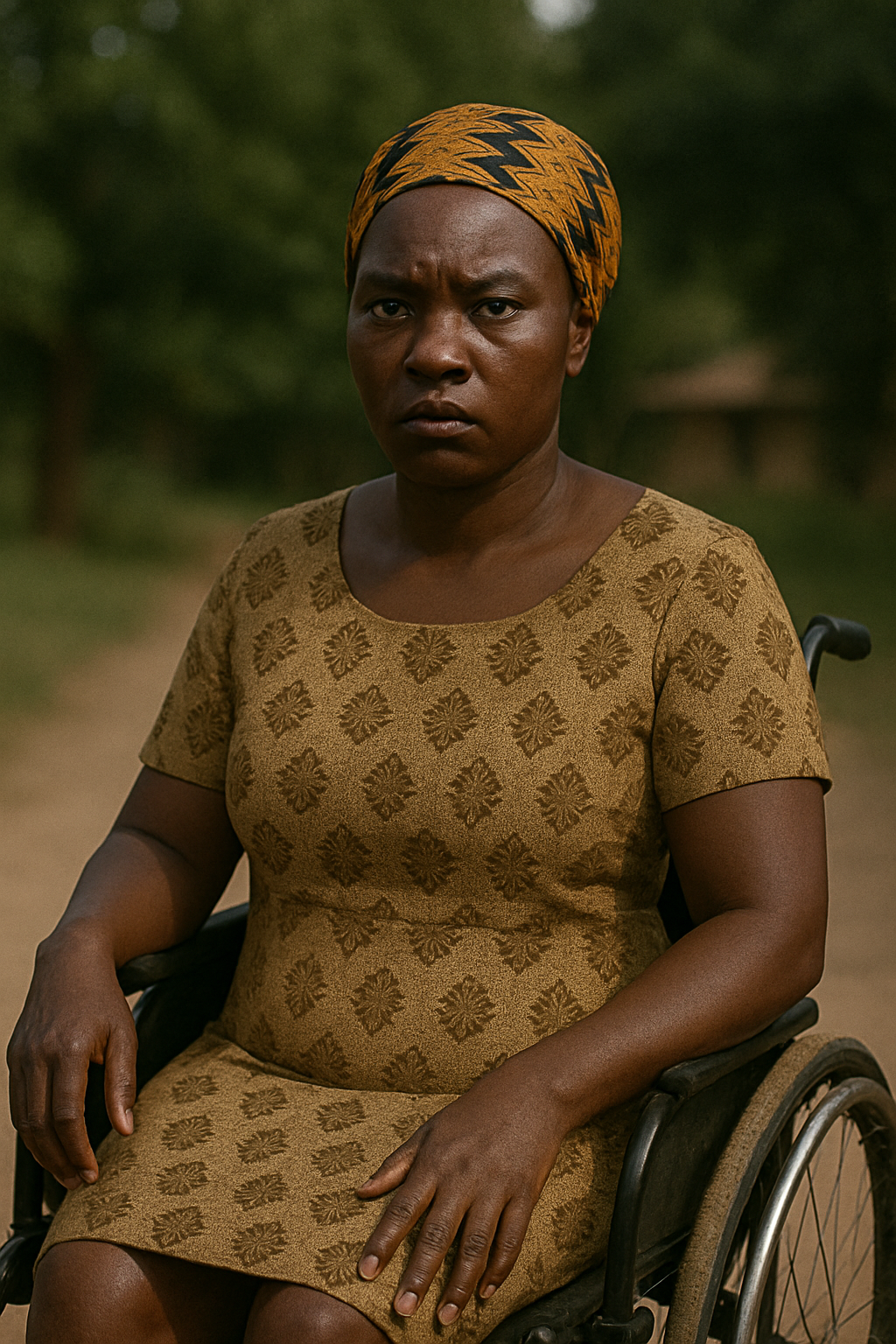ARHR Strengthens Collaboration Among SRHR and GBV Coalitions for Effective Advocacy
ARHR, with funding support from UNFPA Ghana, convened a focused SRH/GBV dialogue to strengthen collaboration among coalitions and civil society actors working on Sexual and Reproductive Health (SRH) and Gender-Based Violence. The event brought together CSO players in SRH/GBV from the Accra, Oti, and Bono East regions to share lessons, harmonize advocacy approaches, and map […]

